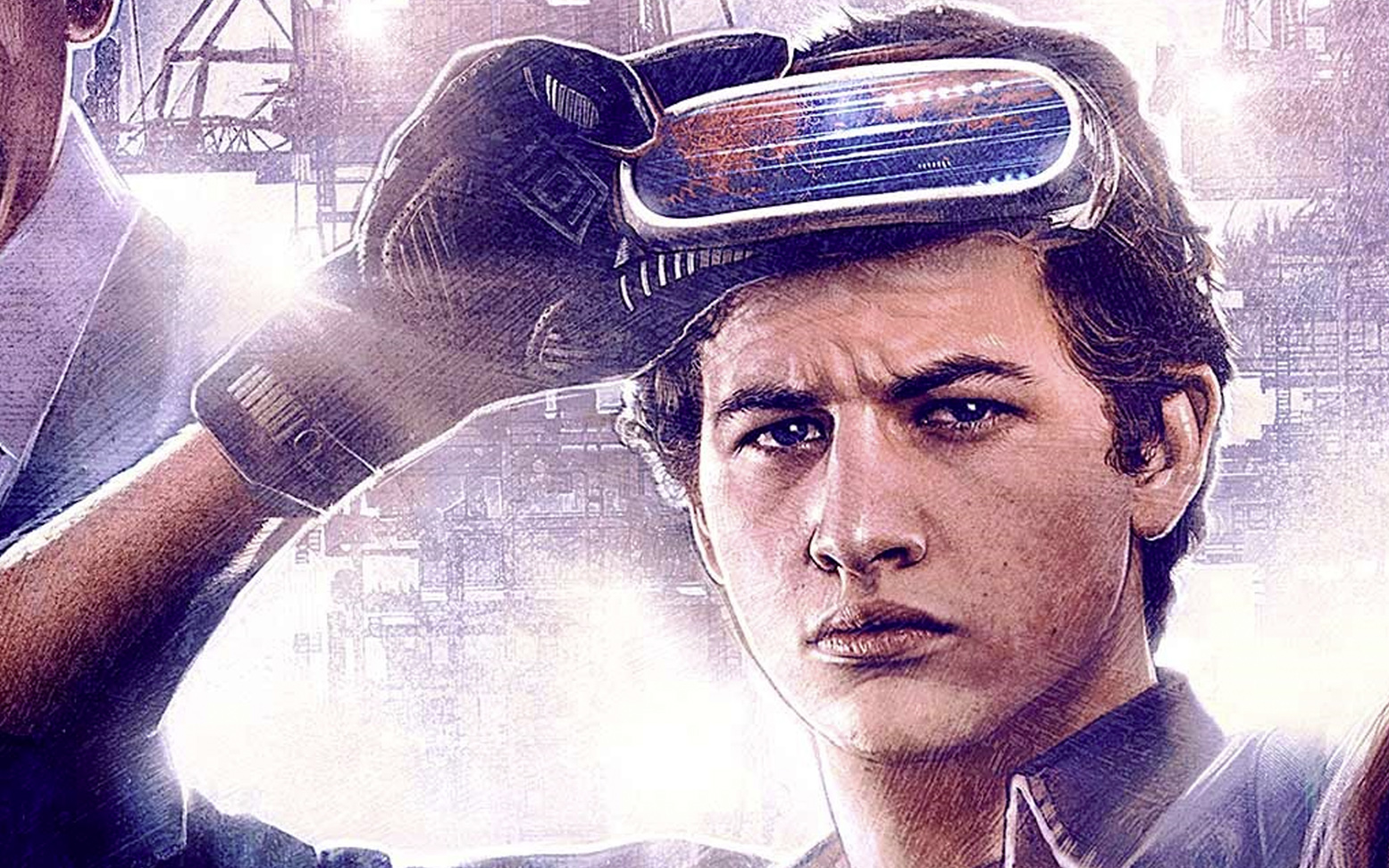Did you know that I used to own a castle? True story! I built it from scratch and designed it myself. I spent days and weeks refining it, figuring out every detail from the carpet color to the light fixtures. I would walk around my castle and marvel at what I had made. Sometimes I would venture outside, ride a horse, till a field, dig up some gold, and slay monsters.
Oh did I forget to mention…? My castle was in the video game Minecraft.
But one fateful day the server crashed and my castle was gone. All those hours of work. All my little details. Gone.
That day I realized something painfully obvious: My castle wasn’t real. Of course, I knew that, but losing everything so quickly made the brevity of the game more tangible. I tried to start over, but halfway through my build I thought, “What’s the point? I could lose it all just as easily all over again.”
This experience helped me to understand what wisdom truly is. It isn’t knowledge or smarts, but rather the ability to discern what is real.
King Solomon, author of three books of the Old Testament and one of Israel’s most famous kings, could have had anything he wanted. Yet when given the chance, he chose to request wisdom. And from that wisdom he came to the same realization I did.
“Vanity of vanities,” says the Preacher; Vanity of vanities, all is vanity. What profit has a man from all his labor in which he toils under the sun?” (Ecclesiastes 1:2-3)
One might think that wisdom is a nice thing. Surely if we are supposed to pursue it above all else (Proverbs 4:7) it is a positive endeavor. However, Solomon says later in the same chapter that “In much Wisdom is much grief, and he who increases knowledge increases sorrow”(Ecclesiastes 1:18).
True wisdom lifts the veil of ignorance and the bright shiny exterior of our expectation is only shown to contain a dark and often difficult reality.
The Challenge
Which brings me to the film Ready Player One. The story is set in the not-so-distant future where humanity spends most of its time in a digital world called “The Oasis.” The creator of the Oasis, a video game designer named James Halliday, has recently died. Upon his death, a posthumous message reveals that Halliday hid an Easter egg somewhere in the virtual world of the Oasis. Whoever finds the egg will inherit full control of the digital realm, not to mention half a trillion dollars. Yet to find this egg, one must follow the clues, many of which involve 80's pop culture and nostalgia. Thus only the most hardcore of nerds (or those who can afford to buy their way) can have a chance at the grand prize. And it is our main character, Wade Watts, who is the nerdiest of all and a contender for the prized egg.
First of all, if you are a nerd, you will probably find something in this movie you recognize. Many have accused the film of being a pandering cacophony of references/in-your-face nostalgia. I can see where they are coming from. But, truth be told, I’m a sucker for references and I let out an audible cry of delight in the movie theater when Mechagodzilla appeared.
Second, the movie does a good job of reshaping a very complicated book into roughly two hours, albeit with some major changes from the original book. One of these major changes is the moral journey of Wade. At one point another egg hunter called Art3mis, a young woman whom Wade fancies, parts ways with our protagonist causing Wade to enter a period of depression. Wade turns his attention back to the hunt and enjoys the digital wealth he finds along the way. He has access to both the wonderful and morally depraved pleasures of the Oasis and yet after trying all of these things, he is still left empty. With an entire virtual world at his disposal, Wade ultimately realizes that these things are meaningless compared to the real friendship and affection of others. (Side note: Wade’s depravity plus quite a bit of profanity is why I would only recommend the book to mature teens and up. Thankfully, the film did not explore much of this.)
Reading Wade’s story reminded me of Ecclesiastes 2:10-11. Solomon says, “Whatever my eyes desired I did not keep from them. I did not withhold my heart from any pleasure… Then I looked on all the works that my hands had done and on the labor in which I had toiled, and indeed all was vanity and grasping for the wind. There was no profit under the sun.”
The True Easter Egg
When Wade *SPOILERS* finds the Easter egg he gets the valued prize, but ultimately attains something greater. Wade’s life in the real world is hard. The economy and the environment is in the tank. His home life is difficult and the absence of his father has turned Wade into a bitter young man. He thinks that the Easter egg will save him and give him wealth and comfort. Yet in the end, the ultimate prize is wisdom. And wisdom is a hard burden to bear.
At the end of the book, when Wade obtains the egg, the avatar of the Oasis’s creator James Halliday appears to him. You would think that after all Wade had gone through, Halliday would commend him and speak of the wonders of the Oasis and how Wade was now free to rule as he pleased. Instead, the Oasis’s creator says the opposite.
“I created the OASIS because I never felt at home in the real world,” Halliday says. “I didn’t know how to connect with the people there. I was afraid, for all of my life, right up until I knew it was ending. That was when I realized, as terrifying and painful as reality can be, it’s also the only place where you can find true happiness. Because reality is real.”
The story of Ready Player One is about a lot of things: nostalgia, video games, Easter egg hunts, and not judging a book by its cover. Yet the most poignant aspect of this tale, the one the author punctuates at the very end, is that a fulfilling life can only be lived in the real world. What we make and what we imagine apart from what is real will only leave us empty. This is what Solomon realized. Wisdom, to gain true understanding of what is real, is a burden because it removes our unrealistic expectations. Yet to pursue wisdom is more satisfying than any life we could fabricate in our own power.
In my opinion, the end of the book Ready Player One is much better than its movie counterpart. After Wade’s victory in the Oasis, he disconnects from the virtual world and walks outside into the real world where he meets Samantha (aka Art3mis) in the flesh for the first time. They had met several times in the virtual world where both of them were able to wear their masks and sport flashy, perfect avatars. Yet, even with their flaws, Wade and Samantha realize they love each other, not because they are perfect, but because they are real.
The plan God has for us, the real and meaningful path to take, will always be more satisfying than what we can imagine. All that we do under the sun is vanity, but as Solomon says at the end of Ecclesiastes, “Fear God and keep His commandments, for this is man’s all” (Ecclesiastes 12:13b). Wisdom may bring us grief, but a life lived for what is eternal is worth more than anything we can possibly imagine.






